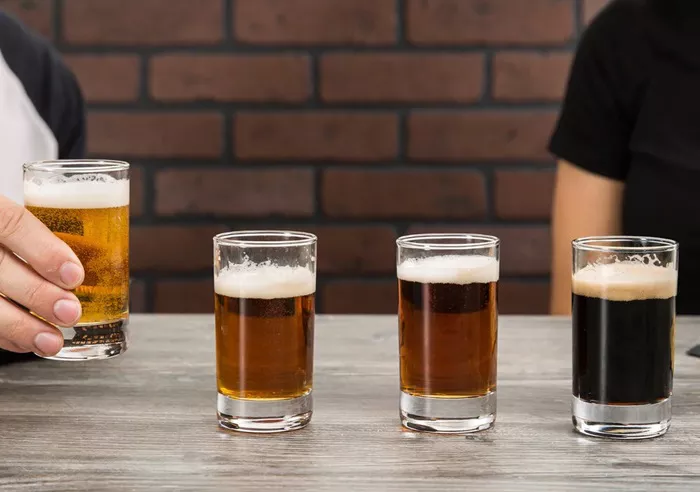The beer industry remains a vital driver of Europe’s economy, but it continues to grapple with a range of challenges, including the ongoing effects of the COVID-19 pandemic, rising costs, and supply chain disruptions, according to The Brewers of Europe.
The latest edition of the European Beer Trends Report (released December 3, 2024) highlights the beer market’s struggle to maintain momentum after an initial recovery from the pandemic. While beer sales in the European Union were slightly above the pandemic-hit levels of 2020, they were 3% lower in 2023 compared to the previous year.
Several factors have contributed to this decline, including high inflation, increased production costs, rising prices for raw materials, energy, and logistics, as well as reduced consumer spending and changing preferences. Geopolitical tensions, particularly the ongoing war in Ukraine, have further complicated supply chains, exacerbating the challenges faced by brewers.
Despite these setbacks, the industry is still seeing growth in the number of breweries. By the end of 2023, an estimated 9,723 breweries were operating in the EU, an increase of 40 compared to the previous year. While this is a smaller rise than in the past decade—when new brewery openings surged by up to 1,000 annually—it signals ongoing demand for innovation and diversity in beer offerings.
Julia Leferman, Secretary General of The Brewers of Europe, emphasized the beer industry’s importance to the European economy. “Beer is a vital engine of the European economy, providing billions in value-added and tax revenue, supporting millions of jobs,” she said. However, she pointed out that the sector has been vulnerable to recent disruptions and urged policymakers to provide greater support for the industry, particularly in fostering sustainable practices within the beer value chain.
The European Beer Trends Report was unveiled at the 11th edition of Beer Serves Europe, an event attended by brewing leaders, beer supply chain representatives, and policymakers from the European Commission and Parliament. The event also marked the relaunch of the European Beer Group, a cross-party network designed to promote dialogue and collaboration among Members of the European Parliament (MEPs) on issues impacting the brewing sector.
The event also highlighted brewers’ leadership in labelling transparency, with 95% of beer bottles and cans voluntarily listing ingredients and 88% displaying energy values. This commitment aligns with the industry’s broader focus on promoting responsible drinking, which includes campaigns on moderation and discouraging drink-driving and underage drinking.
In addition to producing Europe’s lowest-ABV alcoholic beverage, brewers are increasingly offering high-quality non-alcoholic options. Alcohol-free beer now makes up one in every 15 beers brewed in the EU, with this segment continuing to grow.
As the industry faces ongoing challenges, Leferman urged policymakers to back the beer sector with supportive policies that recognize its positive, responsible, and sustainable role in the local economy.
You Might Be Interested In:


